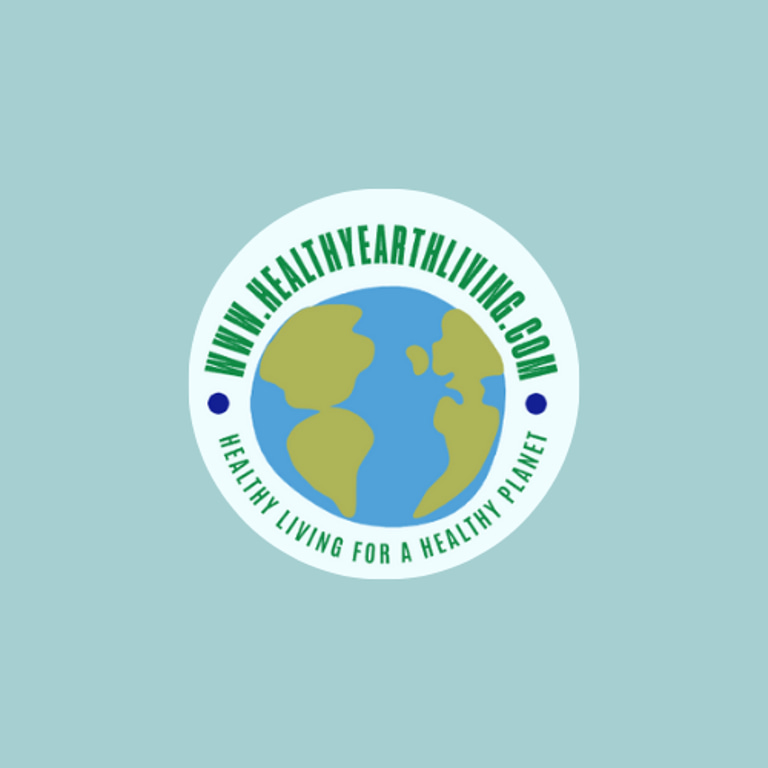Got Milk? 5 Reasons Why Plant-Based Milk is Healthier for You and the Planet!
Why plant-based milk is a smart choice for your health and the environment. From lower calories to a smaller carbon footprint, switching to plant-based milk is a simple step toward a better you and a better planet!
HOMEMINDBODY
Janelle Salo RN
1/5/20255 min read
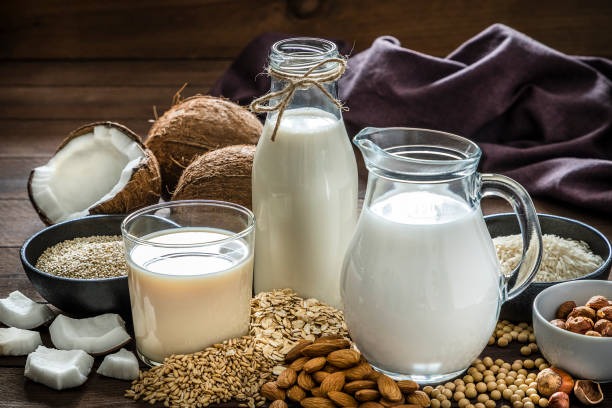

Key Points:
Plant-based milk is lower in calories, lactose-free, and often fortified with essential nutrients like calcium and vitamin D.
It’s environmentally friendly, with a smaller carbon footprint and less water usage compared to dairy milk.
With a variety of options like almond, oat, soy, and coconut milk, there’s a plant-based choice for every taste and need.


Health Benefits of Plant-Based Milk
Lower in Calories and Fat (Depending on the Type)
If you’re keeping an eye on calories, almond, oat and cashew milk are fantastic options to try. They’re often lower in calories and fat compared to traditional dairy milk, (1) so you can enjoy your cereal or smoothie guilt-free. Plus, they’re super tasty and just as creamy, without all the extra stuff you don’t need.
Lactose-Free and Gentle on Digestion
If regular milk gives you tummy troubles, plant-based milk is here to save the day. It’s completely lactose-free and super easy on your stomach, (2) so no more bloating or discomfort. And guess what? The flavor is just as rich and satisfying, and the texture is wonderfully creamy.
This means you can fully enjoy your favorite beverages and snacks, like smooth lattes, decadent milkshakes, or creamy desserts, without having to compromise on taste or consistency. Enjoy every sip and bite while adhering to your dietary preferences.
Rich in Nutrients
Plant-based milks are often fortified with important nutrients like calcium, vitamin D, and B12, (3) so you’re not missing out on the good stuff. If you’re looking for a protein-packed option, soy milk is an excellent choice since it’s just as high in protein as dairy milk. It’s a healthy swap that keeps you strong and fueled.
Environmental Benefits of Plant-Based Milk
Lower Carbon Footprint
Dairy farming is a big contributor to greenhouse gas emissions, especially from methane released by cows. On the other hand, plant-based milk is way better for the planet. (4) It uses a lot less water, land, and energy to produce. Making the switch is a small change that can make a big difference for the environment
Water Conservation
Almond milk does require water for its production, as almonds need to be irrigated during their growth. However, the water usage for producing almond milk is substantially lower compared to the water needed for dairy milk. (5) In fact, producing one gallon of dairy milk can consume several times more water than the amount used to create the same quantity of almond milk. This makes almond milk a more environmentally friendly choice in terms of water usage.
If you want an even more water-friendly option, try oat milk or hemp milk. They’re super sustainable and delicious. Choosing these alternatives is a great way to save resources and still enjoy your favorite drinks.
Reducing Deforestation and Habitat Loss
Dairy farming can harm biodiversity by causing deforestation and taking up land that wildlife depends on. (6) Opting for plant-based milk not only contributes to the protection of fragile ecosystems but also encourages more sustainable agricultural methods.
This mindful choice enriches the health of our planet, supporting diverse habitats and all the creatures that inhabit them. By making this simple switch, we can play a significant role in promoting a greener, more harmonious world for generations to come.
Variety and Customization
Wide Range of Choices
With so many options like almond, oat, soy, coconut, hemp, cashew and rice milk, there’s a plant-based milk for everyone. (7) Each one has its own flavor and texture, whether you like creamy, nutty, or light and sweet, there’s a perfect match for your taste buds. It’s fun to try them all and find your favorite!
My favorites are cashew and almond milk. I use them to make hot cacao or as a dairy substitute for my morning cereal. I’ve also used them in baking and in dishes that require cows milk.
Easily Customizable for Dietary Needs
Plant-based milks come with tons of options, like low-sugar, unsweetened, or even extra protein for a healthy boost. (8) They’re super versatile and you can use them in cooking, baking, or just drink them straight from the glass. Whatever your vibe, there’s a plant milk to match.


Busting Myths About Plant-Based Milk
“It’s Not as Nutritious as Dairy”
Fortified plant-based milks are packed with essential nutrients, often matching or even exceeding what you’d get from cow’s milk. (9) Many are loaded with calcium, vitamin D, and B12 to keep your bones strong and your body healthy. It’s a delicious and nutritious alternative that delivers on flavor!
“It’s Expensive”
You don’t have to spend a lot on plant-based milk. Many affordable store brands offer great quality without breaking the bank. (10)
Creating your own plant milk at home is not only surprisingly simple but also gentle on the wallet. You can experiment with a variety of ingredients, such as creamy almonds, hearty oats, or tender rice, resulting in delicious and nutritious beverages tailored to your taste. This process is an enjoyable adventure, allowing you to explore flavors and textures, while also embracing a more sustainable, budget-friendly lifestyle as you savor your homemade plant-based milk.
The Impact of the Dairy Industry on the Planet and Animals
Environmental Damage
Dairy farming is one of the biggest contributors to greenhouse gas emissions, especially with methane produced by cows. (11) On top of that, large-scale dairy operations can cause deforestation, water pollution, and the overuse of land, all of which harm the environment. Opting for plant-based milk alternatives offers a significant opportunity to prevent the harmful impacts that dairy production can have on our planet. By choosing these sustainable options, we can contribute to a healthier environment and promote a more eco-friendly lifestyle.
Animal Welfare Concerns
In the dairy industry, many cows are kept in cramped spaces with little room to roam, which isn't ideal for their well-being. (12) Additionally, calves are often separated from their mothers right after birth, causing emotional distress for both, as they bond right away. Choosing plant-based milk helps reduce the demand for these practices and supports kinder alternatives.
Overconsumption of Resources
Dairy production takes up a huge amount of water and grain to feed the cows, which can put a strain on the planet’s resources. (13) Compared to plant-based alternatives, dairy is much less efficient and requires more land, water, and energy to produce. Switching to plant-based milk helps conserve resources and makes a more sustainable impact.
A Call for Compassion and Sustainability
Choosing plant-based milk helps reduce the demand for industrial dairy farming, (14) which can be harmful to both the environment and animals. It is a more humane and sustainable choice that benefits the planet and respects animal welfare, making it a true win for everyone.
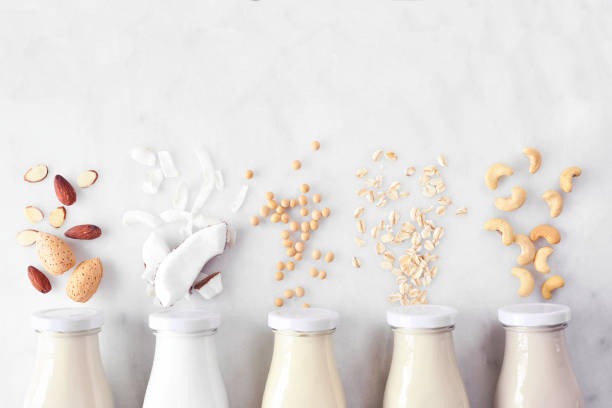

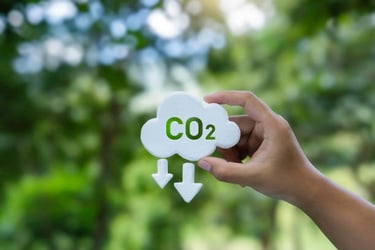






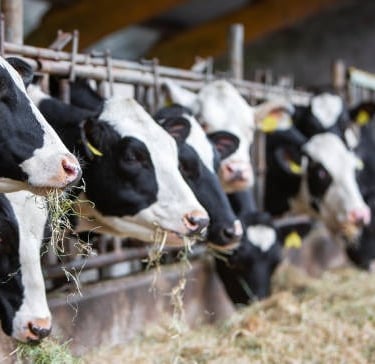

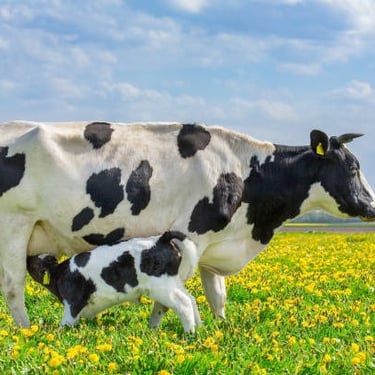
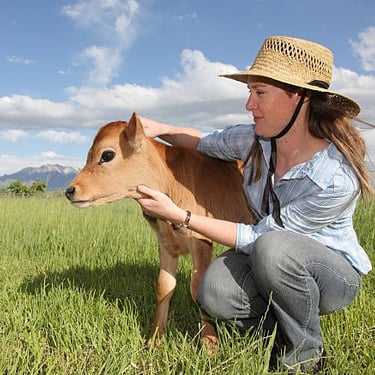
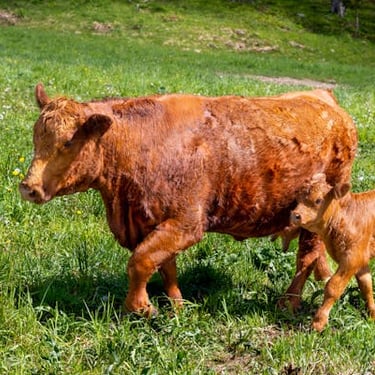
Bottom Line
In summary, plant-based milk is healthier, more environmentally friendly, and kinder to cows and their babies all while offering a variety of delicious options. Why not try a few different kinds and discover your new favorite? Remember, switching to plant-based milk isn’t just a small change, it’s a powerful step toward a healthier you and a healthier planet!
© 2025 Salo Content Writing LLC, all rights reserved
Join the Movement for a Healthier Planet! 🌿
Subscribe now and get your FREE Sustainable Living Checklist! Plus, enjoy weekly articles and delicious plant-based recipes straight to your inbox. Let’s make sustainable living simple and inspiring, one email at a time! 💚✨
